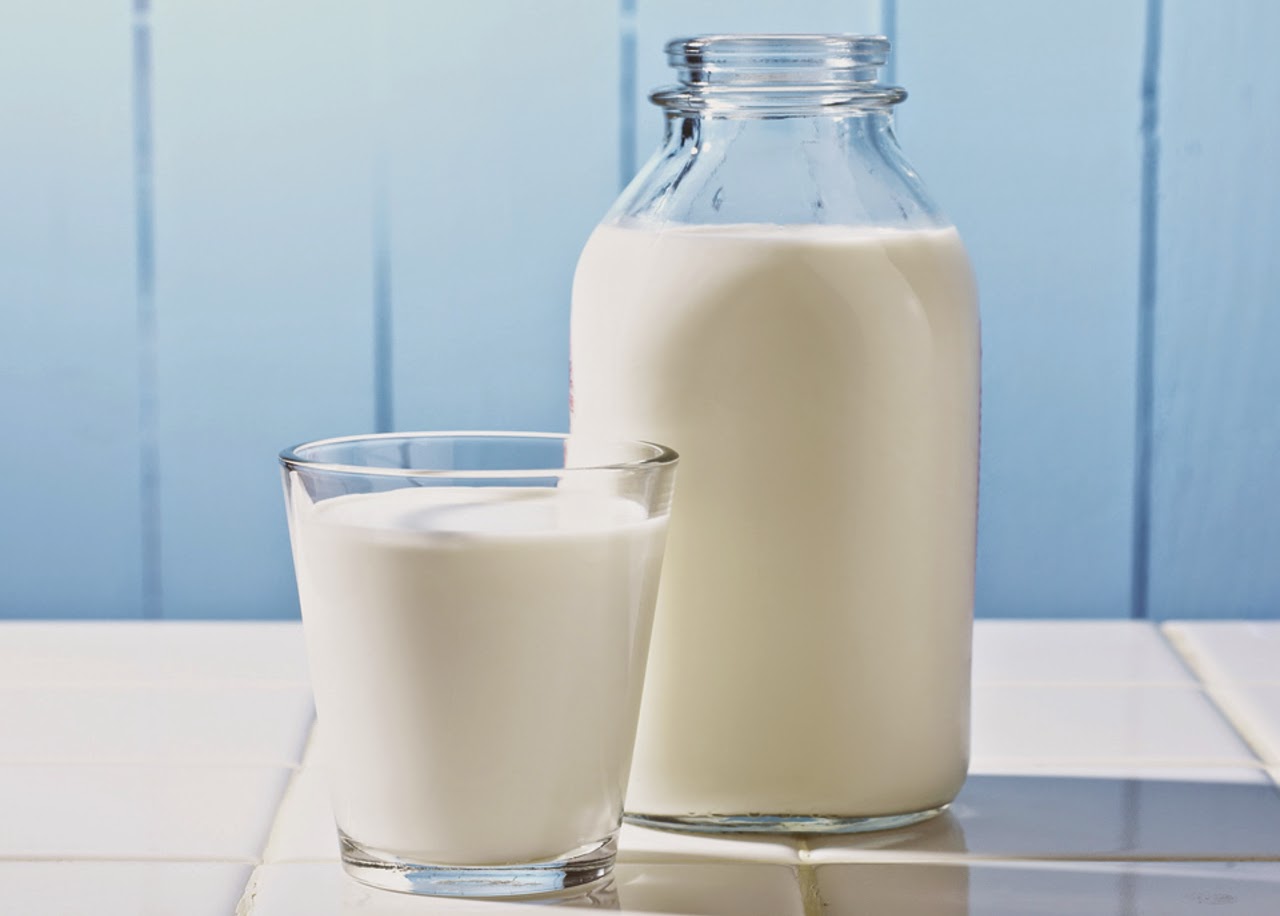The Ultimate Guide To Milk: Benefits, Types, And Nutritional Value
Milk is a staple in many households, revered for its nutritional benefits and versatility in cooking. It serves as a fundamental source of calcium, protein, and other essential nutrients that contribute to overall health. This article delves deep into the world of milk, discussing its various types, health benefits, and much more. Whether you're a milk lover or just curious about its nutritional value, this guide will provide valuable insights.
In the following sections, we will explore the different types of milk available, their unique properties, and how they can fit into your diet. Additionally, we will address common misconceptions surrounding milk consumption and its impact on health. By the end of this article, you will have a comprehensive understanding of why milk is often dubbed a "superfood".
So, let’s get started on this journey to discover everything there is to know about milk and how it can enhance your nutrition and well-being!
Table of Contents
- Types of Milk
- Nutritional Benefits of Milk
- Health Benefits
- Common Myths About Milk
- Milk Substitutes
- Cooking with Milk
- Sustainability of Milk Production
- Conclusion
Types of Milk
Milk comes in various forms, each offering unique benefits and flavors. Understanding these types can help you choose the best options for your dietary needs.
1. Cow's Milk
Cow's milk is the most commonly consumed type of milk worldwide. It is available in several varieties, including:
- Whole Milk: Contains about 3.25% fat and is creamy and rich.
- Skim Milk: Has had the fat removed, making it a lower-calorie option.
- Low-Fat Milk: Contains 1% to 2% fat, balancing creaminess and health.
2. Plant-Based Milks
With the rise of veganism and lactose intolerance awareness, plant-based milks have gained popularity. Some common types include:
- Almond Milk: Made from ground almonds, it's low in calories and has a nutty flavor.
- Soy Milk: High in protein and often fortified with vitamins and minerals.
- Oat Milk: Creamy and slightly sweet, great for coffee and baking.
3. Goat's Milk
Goat's milk is easier to digest for some people and has a distinct flavor. It is rich in calcium and often considered a good alternative to cow's milk.
Nutritional Benefits of Milk
Milk is packed with essential nutrients that can significantly contribute to your health. Here’s a breakdown of its nutritional components:
- Calcium: Critical for bone health and development.
- Protein: Essential for muscle repair and growth.
- Vitamins: Includes Vitamin D, B12, and riboflavin, which support various bodily functions.
- Phosphorus: Works with calcium to build strong bones and teeth.
Health Benefits
In addition to its nutritional value, milk offers several health benefits:
- Bone Health: Regular milk consumption helps in maintaining strong bones.
- Muscle Growth: The protein in milk aids in muscle recovery after exercise.
- Weight Management: Some studies suggest that milk can aid in weight loss due to its protein content.
Common Myths About Milk
Despite its benefits, there are many myths surrounding milk consumption. Here are a few:
- Myth 1: Milk causes mucus production. Fact: Research shows no significant correlation.
- Myth 2: Adults don't need milk. Fact: Adults also require calcium and protein.
Milk Substitutes
For those who are lactose intolerant or prefer plant-based options, there are several milk substitutes available:
- Coconut Milk: Great for cooking and baking, with a tropical flavor.
- Rice Milk: A hypoallergenic option that is slightly sweet.
- Hemp Milk: Rich in omega-3 fatty acids and protein.
Cooking with Milk
Milk can be used in various recipes, enhancing flavor and texture. Here are a few ways to incorporate milk into your cooking:
- Add it to smoothies for creaminess.
- Use it in sauces and soups for a rich flavor.
- Incorporate milk into baking for moisture.
Sustainability of Milk Production
As consumers become more conscious of environmental impacts, sustainable milk production practices are gaining attention. Here are some key points:
- Support local dairy farms that prioritize eco-friendly practices.
- Choose organic milk options that avoid synthetic fertilizers and pesticides.
Conclusion
In summary, milk is a versatile and nutritious food that offers numerous health benefits. From strong bones to muscle recovery, its contributions to our diet are significant. Whether you prefer cow's milk or plant-based alternatives, there’s a type of milk for everyone. We encourage you to explore the different varieties and incorporate them into your diet.
If you found this article helpful, please leave a comment or share it with others who might benefit. Don’t forget to check out our other articles for more health-related tips!
Lynda Boyd: A Comprehensive Look At The Life And Career Of A Talented Actress
Exploring The Life And Career Of Lizbeth Rodriguez
Discovering Killington Ski: The Ultimate Guide For Ski Enthusiasts


